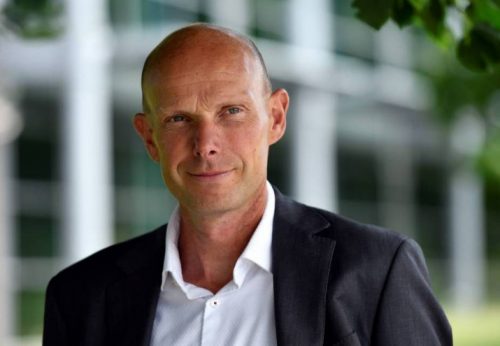Corporate insolvencies continue to rise across the region

Corporate insolvencies in December continued to rise, with an increase of two per cent compared to December 2023.
However, the increase was significantly lower than last December’s year-on-year increase of 32 per cent, according to figures published this week by the Insolvency Service.
This takes the number of corporate insolvencies in the month of December to 79 per cent higher than pre-pandemic levels in 2019.
Personal insolvencies in December showed the largest year-on-year increase since the pandemic, decreasing by 20 per cent compared to December 2022.
Tim Sloggett, South West Chair of R3, the UK’s insolvency and restructuring trade body, said: “Whilst there appear to be some positive underlying trends with the rate of the increase in insolvencies declining, the figures published today reflect the continuing difficult economic conditions.
“Since the pandemic, the rise in insolvencies has been due to liquidations of small businesses, and the December numbers continue to reflect this trend. These businesses are generally the first to be impacted by rising costs and large debts, as they often have lower profit margins and less levers to turn the business performance around. As trading conditions remain challenging and investment has deteriorated in recent years, we may start to see larger businesses impacted in 2024.
“We could see insolvency numbers continue to rise into the New Year, particularly in the retail and hospitality and leisure sectors, which are now heading into their low trading periods.”
Tim, who is a managing director at business advisory firm Quantuma, continues: “When it comes to personal insolvencies, it is interesting that these have declined at the highest rate since the pandemic, despite raising personal debt levels and the squeeze on incomes.
“The year-on-year increase in the number of people entering a Breathing Space suggests that demands for debt support are still high, but that people aren’t reaching the point where they need formal personal insolvency support. We are also seeing lenders being incredibly supportive to individuals that fall behind on payments to avoid bankruptcies than can often result in a worse outcome.
“As we head into the spring, it’s likely that energy costs will continue to be a concern for many people with an increase in price caps from this month and government support coming to an end for many from next month.
“While food inflation and the price of petrol has been falling, events developing in the Middle East are likely to lead to renewed upward pressure on prices and could delay interest rate cuts. Combined, these factors could see insolvencies rise next month if these ongoing expenses become too much to manage.
“Our message to anyone in the South West who is worried about money – whether that’s yours or your business’s – is simple: seek advice as soon as possible – the moment you start to become concerned. We know it’s a hard conversation to have, let alone start, but talking about your worries at an early stage will give you more time to take a decision about your next step and more potential options for moving forward.”
Ed Rimmer, chief executive of Bath firm Time Finance, said: “Given the financial pressures facing many businesses, partly through the impact of inflation but also for those paying back Covid-19 recovery schemes, it is perhaps unsurprising that we’re seeing such high insolvency figures. That being said, the reality is that within those figures there will inevitably be businesses that could, and should, have survived if they had access to funding to aid their cashflow.
“That is our job; we’re here to work with businesses, understand their challenges, ambitions and opportunities and put in place the right financial support that gets them over their hurdles and into a healthy place to succeed. If predictions are correct, inflation and its widespread impacts will start to ease this year, after which we will be heading steadily towards economic growth. We are here to help businesses through those trying months, to make 2024 the year that we turn the tide so that we can look back in a year’s time and see fewer of our country’s great businesses throwing in the towel.”










